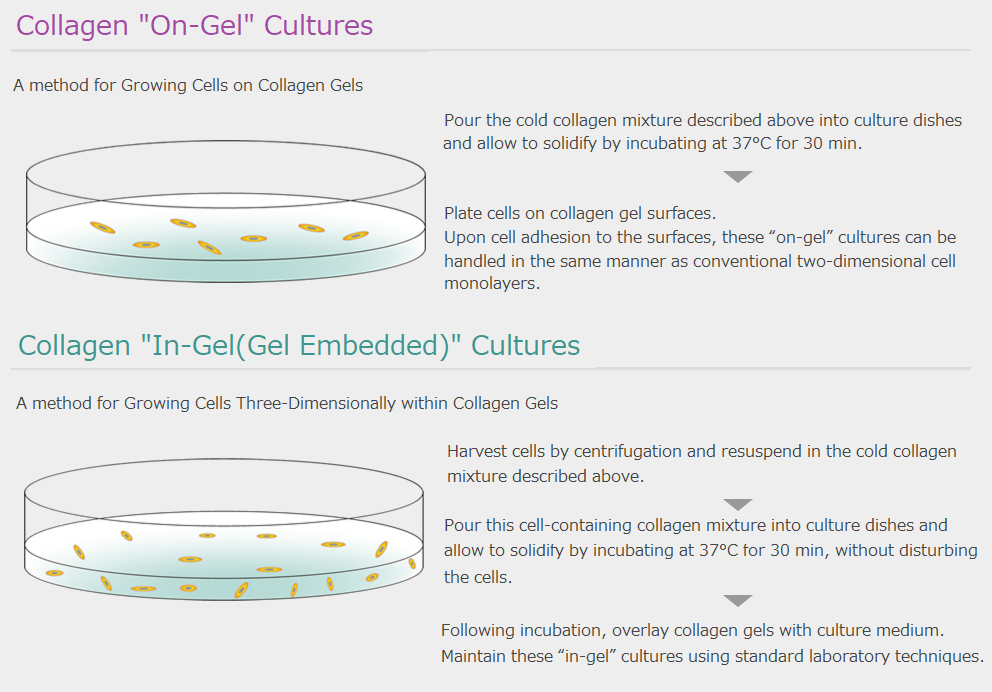
Limited observational studies have found an association between amino acid intake and increased bone density. It helps the body absorb calcium, which helps keep the bones strong and prevents bone loss. Gelatin contains lysine, which plays a role in muscle and bone health. Which foods can help lower blood sugar levels? Learn more here. However, some gelatin-based foods, such as gummy candies, have high sugar contents and so are not suitable for people with type 2 diabetes. Managing blood sugarĪ 2014 study indicated that glycine, an amino acid in gelatin, may help people with type 2 diabetes manage the condition. Learn some more ways to improve digestion. This substance may help promote a healthy mucosal lining in the stomach and aid digestion. Gelatin contains glutamic acid, which the body can form into glutamine. What does collagen do, and can supplements help? Learn more here. However, experts are not sure that consuming gelatin would have the same effect.
#Collagen vs gelatin thm skin#
A 2016 study found that ingesting collagen helped the skin retain moisture and reduced wrinkles in participants. The skin becomes less firm, and wrinkles and lines may develop.Įating gelatin may help boost collagen levels and support skin elasticity. Skin careĬollagen helps maintain the elasticity of the skin. However, the study looked at supplementation rather than dietary intake.Įxactly how much protein do we need? Find out here. Support the proper function of various organs.Ī 2017 study suggests that a supplement combining vitamin C and gelatin may help repair body tissues in athletes and prevent tissue damage.This means that, on average, protein should account for 10–35% of a person’s daily calorie intake. The Dietary Guidelines for Americans 2020–2025 recommend that adults consume 46–56 g of protein each day, depending on their age and sex. Protein is a macronutrient, which means that the body needs significant amounts to function. In its purest, powdered form, gelatin has a high protein content. That's why collagen supplements are so popular with so many people.Gelatin may provide a number of health benefits.

Wrinkles, aching joints, and brittle nails are likely signs of collagen depletion.

Collagen impacts almost every part of your body.Īging, pollution, smoking, and even excessive sunlight are among the many factors that slow natural collagen production and even sap collagen from the body. These include properties that increase skin elasticity, strengthen bones, create joint flexibility, build muscle, and create nails and even corneas. What is known is that the 20-plus collagens the body produces do have many health benefits.

And even though gelatin may mirror some attributes of naturally produced collagen and collagen supplements, the differences between the two are important to know.Īs you consider collagen vs gelatin, keep in mind that scientific studies on these dietary supplements and their health benefits are preliminary. Collagen plays so many vital roles that it's often referred to as the body's glue. As you may know, your body naturally produces collagen, its most prevalent protein. While gelatin is actually a cooked form of collagen, the two have different properties, which means they function differently in your body.


 0 kommentar(er)
0 kommentar(er)
